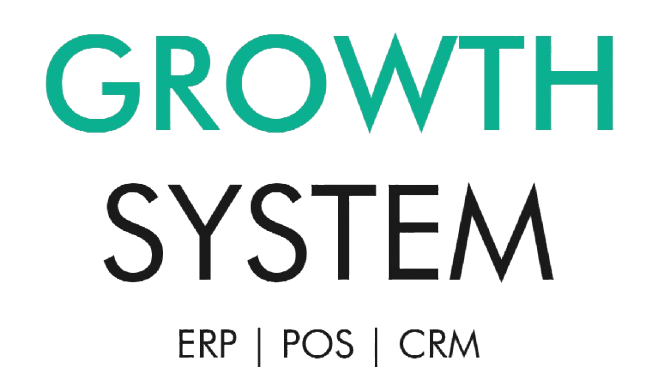An Accounting Management System (AMS) is a software application designed to manage and streamline the financial operations of a business or organization. It automates the processes of recording, processing, and reporting financial transactions, ensuring accuracy, transparency, and efficiency in managing financial data. AMS helps businesses comply with regulatory standards, improve decision-making, and optimize overall financial performance.
Key Features of an AMS
General Ledger:
- The General Ledger (GL) is the central record-keeping system in accounting. An AMS consolidates all financial transactions into the GL, enabling businesses to track income, expenses, assets, and liabilities. It provides an accurate, up-to-date view of a company’s financial health.
Accounts Payable (AP):
- The Accounts Payable module helps businesses manage and track outstanding payments to suppliers, vendors, and creditors. It automates invoice processing, tracks payment due dates, and ensures timely payments, preventing late fees and maintaining good supplier relationships.
Accounts Receivable (AR):
- This module helps businesses track and manage incoming payments from customers. It records invoices, monitors overdue payments, generates reminders, and helps ensure that cash flow remains steady and healthy.
Financial Reporting:
- An AMS generates comprehensive financial reports, such as the balance sheet, income statement, cash flow statement, and profit and loss statement. These reports help businesses analyze their financial performance, identify trends, and make informed decisions.
Bank Reconciliation:
- The system can automatically reconcile business bank accounts with the internal financial records. This feature helps ensure that the business's bank account balances match the accounting books, preventing discrepancies and identifying errors or fraudulent activities.
Tax Management:
- Accounting systems help businesses manage tax compliance by calculating and tracking taxes owed. They also assist in preparing tax returns, keeping track of tax deductions, and ensuring the business adheres to local and international tax laws.
Expense Tracking:
- AMS allows businesses to track and categorize expenses, whether operational costs, employee reimbursements, or overheads. This helps in budgeting and ensures that expenses remain within the planned limits.
Budgeting and Forecasting:
- The system allows businesses to create budgets and perform financial forecasting. By analyzing past financial data, the system helps predict future financial trends and provides insights for better financial planning.
Inventory Management:
- In businesses with inventory, AMS can track inventory levels, costs, and valuation. It integrates with the accounting system to automatically update inventory-related financial transactions, such as the cost of goods sold (COGS).
Payroll Management:
- AMS can automate payroll processing, ensuring that employee salaries, wages, bonuses, and deductions are calculated accurately. It also helps with compliance by managing payroll taxes and generating payroll reports.
Audit Trail:
- The audit trail functionality logs all changes made to financial records, creating a transparent and verifiable history of transactions. This feature is crucial for auditing purposes and for maintaining compliance with legal and regulatory standards.
Multi-Currency Support:
- For international businesses, AMS supports multi-currency transactions, enabling businesses to record and process transactions in different currencies. It also helps convert and manage exchange rates for accurate financial reporting.
Integration with Other Systems:
- An AMS can integrate with other business systems like Customer Relationship Management (CRM), Enterprise Resource Planning (ERP), and Point of Sale (POS) systems, ensuring a seamless flow of financial data and streamlining operations.
Role-Based Access Control:
- The system can restrict access to sensitive financial data based on user roles and permissions. This ensures that only authorized personnel can access or modify financial records, improving security and accountability.
Cloud-Based or On-Premises:
- Many modern accounting systems are cloud-based, offering features like remote access, automatic updates, and reduced IT overhead. Alternatively, some businesses may prefer on-premises systems for more control over data and security.

Book your session now
- Choose an available time slot for your tutor
- Choose one-on-one or Group Sessions
- Choose a time slot and click "Book session"
- Proceed order, confirm, and start learning!
Tips for a Smooth Booking Experience
- Before booking, read our Terms and Conditions
- Need help? Visit How booking works
- View our Privacy Guidelines for information
- Have questions? Check our FAQ section.
- For session costs, review our Pricing guidelines.
- Read our Cancellation policies for cancellation procedures


